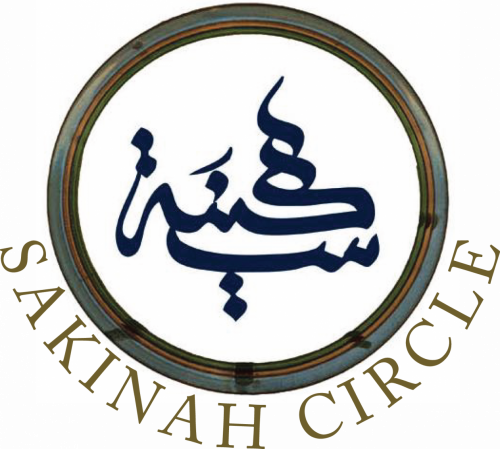Learning with intention, bismillah, in the Name of God, cultivates an awareness of our place in the world. To this effect, we strive to be respectful, responsible, and real (authentic, without façade) in every way. Students will be encouraged to develop attitudes of reflection and sakinah in an overall learning experience of spiritual nurture. We all strive for ihsan (beauty, excellence, and goodness), bringing quality to every aspect of life and learning.
Curriculum documents for Sakinah Circle address the outcomes of the K-6 Alberta Program of Study. Units of study are approached thematically, integrating Qur’anic content, Islamic concepts, and tradition where appropriate, to enrich the worldview central to the Islamic way of life. To do this, thematic statements in the form of Enduring Understandings are identified for each General Outcome in each grade level of the Program of Study. Enduring understandings provide a unifying concept, are transferable, and are conceptualized through sustained inquiry in the learning process (Appendix II).
In addition to the stated Enduring Understandings and Alberta Education grade-specific learner outcomes, each curriculum document identifies possible reflective questions for teacher and learner consideration. Reflecting on these questions is intended to further integrate aspects of Islam with the Alberta Program of Study. Reflective questions serve to orient and direct teacher thinking with two distinct foci: reflective questions encourage both teachers and students to relate and connect aspects of Islam and Islamic civilization with the Program of Study outcomes; and reflective questions help teachers direct student thinking to the higher levels of Bloom’s taxonomy (analysis, synthesis, evaluation) in the Alberta Program of Study outcomes.
A sample Transfer/Performance Assessment Task has been identified for each general outcome by way of providing an examplar of a student activity that directly links the Qur’anic worldview or Islamic heritage and the provincial Program of Study. Authentic assessment is seen as a tool to analyze student learning, and as its Latin origin assidere (to “sit with”) implies, the teacher makes thoughtful observations, balances a variety of assessment techniques, keeps records, offers helpful feedback, and applies the gained knowledge of student learning; formative assessment becomes an integral part of planning the learning process.
The goal then is for students to internalize the enduring understandings inherent in the Sakinah Circle approach, as specifically identified in each subject/unit.
